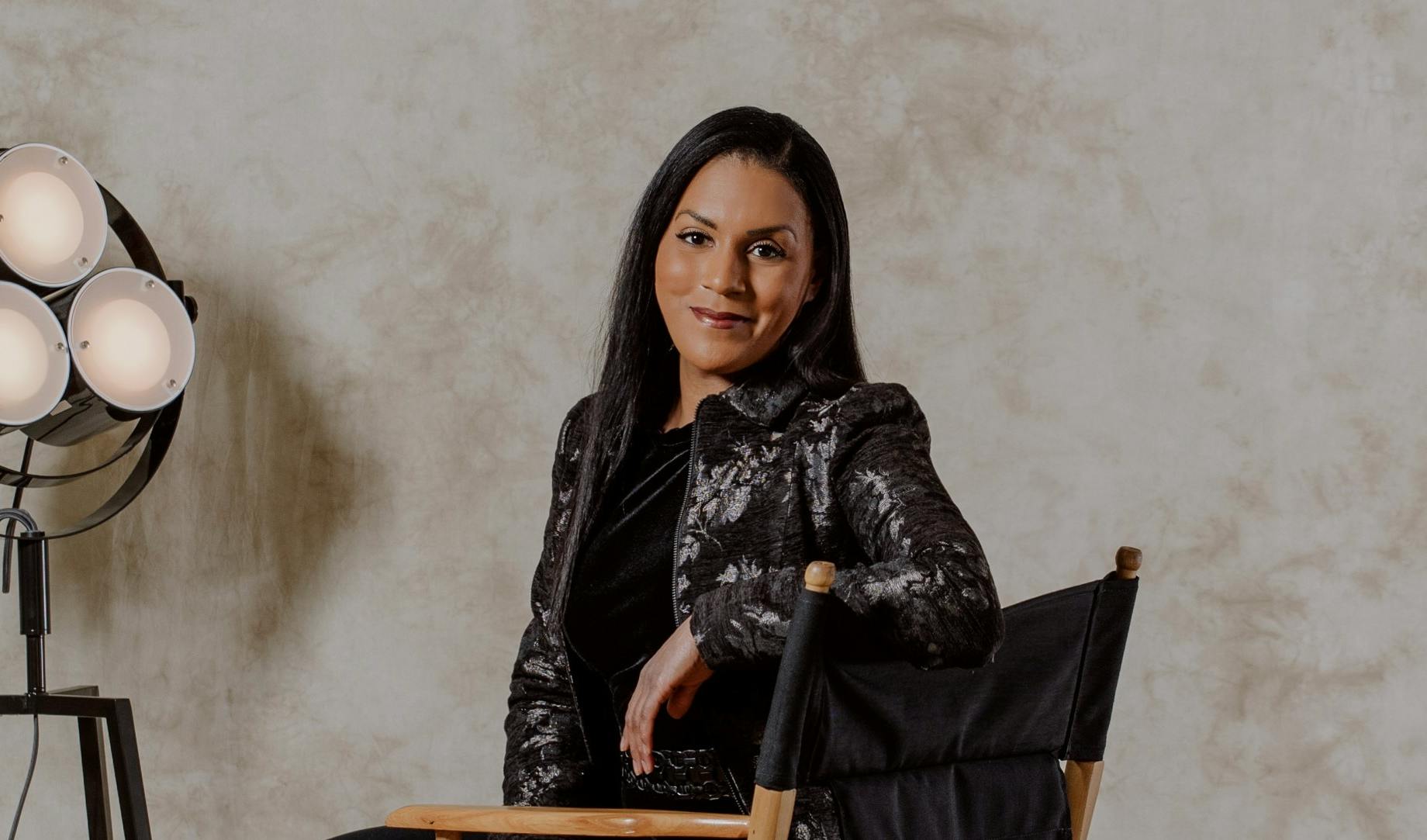
Devie Mohan on rethinking universities and getting more girls into STEM subjects
The fintech analyst and advisor discusses her role at Edinburgh Napier University and taking on a new role amid the pandemic.
Devie Mohan is a fintech industry advisor and analyst. She is co-founder and CEO of Burnmark, a fintech research company, a contributor to the ING group Think Forward Initiative, and sits on the Editorial Board for the Journal of Digital Banking. In 2019 she was included in the Financial Times' list of the 100 most influential BAME leaders in technology.
Through Nurole, Devie was recently appointed as a Lay Court Member at Edinburgh Napier University.
What first attracted you to taking on non executive roles in education?
I’ve been involved in the fintech space for a long time and around 2016, the conversation shifted to understanding why some people are not able to find a space in the fintech world – because of gender disparity or economic background.
One of the things I found very interesting was there were very few women or girls picking up STEM (science, technology, engineering, maths) subjects in school and college. This was the opposite experience I had growing up in India, where STEM is such a big part of our curriculum. I think I started learning the basics of programming when I was eight or nine.
But in the UK, a lot of the girls were not picking STEM subjects at school – because they didn’t have the confidence or they were conscious that they would be outnumbered in schools with boys. So this was affecting girls getting into STEM, in universities and then in the job market.
I started volunteering with an organisation called Speakers for Schools, to go around the country to speak about my experience in fintech, what it means, and to talk about girls in that space. And then I took on a board role with a school quite close to where I am in London, the Wilmington Academy, again, with the view of ensuring the curriculum supports women and girls who want to get into STEM. So that's how it started. But I still feel that education is a major gap in terms of getting the right kind of diversity into fintech.
Do you find that your non-profit roles present different challenges to your professional career?
It’s definitely a different way of working, a different approach and a different pace. But I think that's the beauty of it – I don’t see those things as challenges.
My only advice to people who think of it as a challenge would be to think of the reason why you're doing it in the first place. And if you know why you're doing it, and what problem you're trying to solve, then you definitely feel like you're making a contribution.
What drew you to the Edinburgh Napier role in particular?
Nurole has been absolutely fantastic in guiding me towards roles in education. This one stood out because I was familiar with the university and I always felt it tries to do interesting things. Because it has a vocational background, the courses are very much designed around the real world, with a very practical focus.
After the conversation with the team there, I felt they have a genuine interest in moving towards a tech-based curriculum, and that was quite exciting to me, because I think fintech can be a huge focus for the UK, especially moving forward post Brexit.
You joined in the midst of COVID-19, at one of the toughest times for higher education imaginable. How was that experience?
That’s part of what makes the role so interesting. It’s the same for every traditional industry in the world – travel, leisure, retail, banking. In the last year every organisation has had to look at its strategy and find ways to move forward digitally.
So this is probably the most exciting time for me as a digital evangelist, and that gives me a great opportunity to contribute. It's only been a few months since I joined, but I think we've already had three discussions on strategy and branding. Being on that cusp of change is so exciting.
Has Covid accelerated changes that would have happened anyway in universities, or has it created new models?
The data is not clear on that yet, but my argument would be it's both. There are things we were moving towards already, but there are completely new opportunities as well. From a university point of view, we are looking at whole courses being created, new forms of training being introduced.
You see it in schools too. For example, Harrow launched a new website, a completely different entity, to offer online schooling for students not able to come to the UK. Several universities have tried to do that as well.
Are there things that you learn in your education roles that feed back into your business?
I would say the biggest benefactor is me personally, rather than the commercial side of my business. Being exposed to different people, different challenges and different ideas is absolutely valuable.
How can we ensure that more diverse people join boards, in the education sector and beyond?
I feel like I have a voice with my books, and my blogging and my social media activities. But there are people who are so much more talented than me who don't have that voice, or don't use that voice. How do we find this talent, and bring them in? How do we ensure that we've searched far enough to find those candidates? I think that's where we need a lot more work.
We need to go beyond the obvious, and start looking for candidates from unexpected roles, and backgrounds, and other industries, who can bring value to the board.
Nurole provides best-in-class hiring for forward-thinking boards. We blend the power and reach of technology with a very human understanding that every role, every organisation and every candidate is different. Contact us to discuss your next hire or find out more about becoming a member here.





